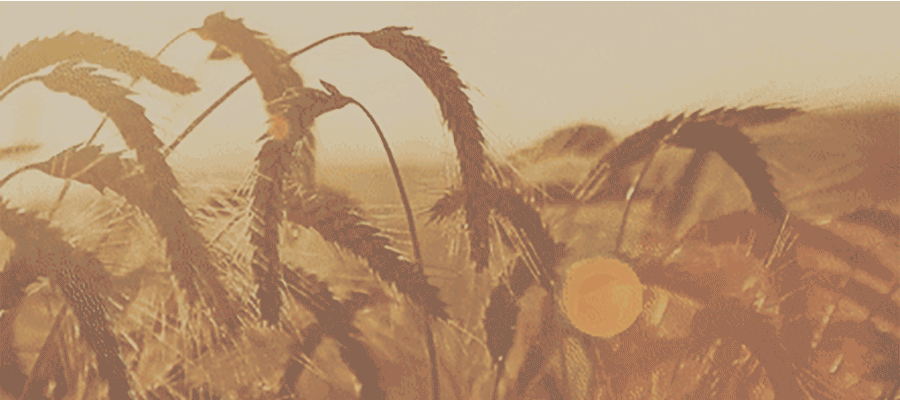hank you,” replied Tom politely, inclining his head. His eyes’d returned to Tsadi pezre Awameh, and he didn’t look up as Niccolette shifted the curtain back into place over her shelf and moved to a seat over near the desks. The light that poured in behind him was just beginning to turn gold with the setting of the sun. Every time the wind picked up and stirred the air around, he could smell a waft of fresh, strong spices. He realized idly he was getting fair hungry again; he hadn’t eaten since that morning, but he’d lost track.
With another rasp, a soft crackle of old paper, he turned a page, then another. He blinked and forced his eyes to focus through his lenses. He felt himself settling in again. Niccolette had sat down with a book in hand, and Tom’s focus narrowed, again, to the lines of verse on the page in front of him.
The sea is ink, the sky
Paper – the distance between
Not so great, for my pen –
Niccolette spoke again, to his surprise, and he looked up at her over the rims of his glasses.
If the twilight wasn’t fooling his eyes, softening the edges of things, he’d’ve said there was still a slight smile playing about her lips; there was something in her eyes he couldn’t read, and he didn’t try, ’cause he knew better by now with her. “Tsabiyi,” he repeated emptily, fingertips wandering to the middle of the open book, smoothing along the crease where the two pages met, like he was considering marking his place.
He watched her as she went on; one of his eyebrows twitched at the word hematology. It was instinct – the memory of a numb, tingling line; sharp, burning pain – his fingers closed in a loose fist on the arm of the chair, fingertips settling in his palm. There was nothing there but the lines of Vauquelin’s palm, its unfamiliar lines, one of the many little foreign landscapes of his body. It hadn’t scarred, not from just the once, but the fading line had lingered for a week or two, and Tom had thought – but it would’ve been a damned unseemly scar for an incumbent to have, in the end.
He let the fist unravel. He heard the soft shuffle as Niccolette opened up her book and turned the pages, but his eyes didn’t leave her face; there was an expression of faint interest on his. At the question, he opened his mouth – hesitated – then laughed, a grin breaking across his face.
“I think it’s fair to say the interests are related,” he said, taking off his glasses. Marking his place, he closed Tsadi pezre Awameh on the temple and laid the book aside gently on the arm of the chair; the warm light glinted in the gold lettering on the cover, glinted in the gold wire-frame of the spectacles. With a tired grunt, he pushed himself up out of the chair, stretched, and moved to Niccolette’s shelf.
He moved the curtains aside soundlessly, this time, scanning the spines, squinting in the growing dark. “I wouldn’t’ve looked into a living conversationalist, being honest, and, ah – it’s hard to make the leap between those two,” he offered over his shoulder, with an edge of wryness, “if you don’t know where to look.” Again, two fingertips skimmed the tops of spines; again, they found a volume and eased it out. Then, they went hunting again, this time further up.
Tom drew the curtains back together again, and when he turned round, it was with two books under his arm: one fair thick, bound in black; one a slimmer volume, a deep, cinnamon reddish-brown. He wove his way back round the low table and to the chair where he’d left the book of poetry. He sat, then looked at Niccolette again.
“It doesn’t surprise me that Utúla was involved with him.” He glanced down, started to open the thinner book, then paused, running a hand over the cover. Indecisive, he reached for Tsadi pezre Awameh, then paused, then sacrificed his place to put his glasses back on. “Utúla’s, uh – openness, maybe – to the overlap between conversations appealed to me. We like to compare clairvoyant and quantitative, clairvoyant and perceptive, perceptive and living – not usually clairvoyant and living. But blood does something for a ward; anyone who says otherwise –”
He looked back up at Niccolette; he held the books closed in his lap for just a moment more, propping his head up on a hand.
“– has never used blood in a ward.” He raised his eyebrows, then opened up the book. He pushed up his glasses on the bridge of his nose, squinting down. “I’m curious if there’s more the body can tell us about the monic relationship than Brunnhold’d like to admit.”







